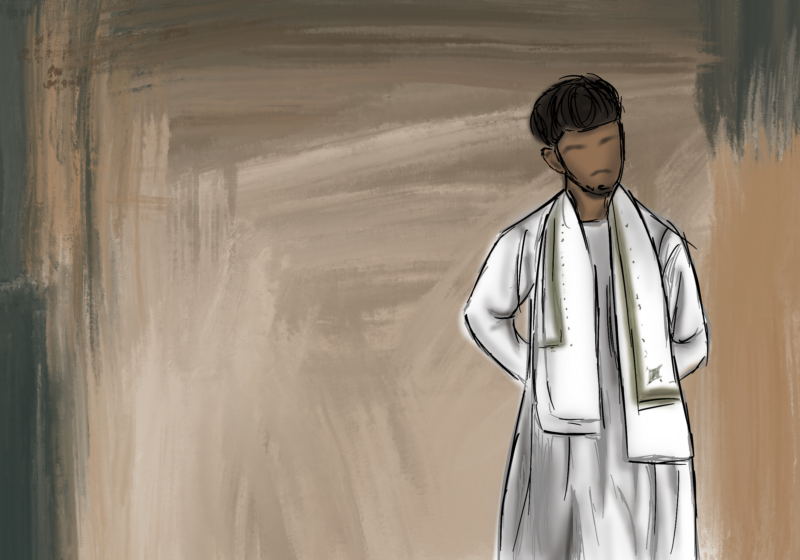Freedom has been a word that has been tossed around a lot for the last month here in the United States.
From sports events to variety shows, U.S. citizens have shown more pride and allegiance to the country and its founding beliefs since Sept. 11. And UR is no exception.
“Freedom to Compete” was one of the topics of debate on the opening day of Meliora Weekend two weeks ago. From athletes to broadcasters to journalists, the subject of freedom was dissected to find its very meaning ? all the while, they are all missing the concept of athletics completely.
Sports ? the idea of competition ? is one of the very few things left in the world that is a language of its own. No one should analyze it for symbolism or its value, nor should it be quantified. The freedom to compete is from within ? a personal drive, perseverance and passion that exists in all of us, athlete or not.
It is an activity that gives us freedom to express ourselves. In fact, many of us use it to express our anger, frustration, fears and anxiety.
I do praise the public for making the effort to look more closely at what this country offers that others can only envy. We are starting to appreciate our freedom of choice.
And I’m not talking about going to the grocery store and picking up skim milk, goat cheese or Doritos. I’m talking about appreciating athletics, recreation and the approach to sports in this country.
For example, when most of us were younger and we wanted to learn to twirl or tap, we took dance lessons.
Or, when our younger brothers wanted to “be like Mike,” they joined the local basketball league. And when girls watched the U.S. women win the World Cup three years ago, they enrolled in soccer camps to improve their corner kicks. These were all decisions that we were free to make.
Meanwhile, across the Pacific Ocean, for years little Chinese girls who are smaller, lighter and more agile, were often put into gymnastics or diving programs.
The distinction is simple. Children in foreign countries have not always had the freedom to choose the extent to which they want to pursue a sport. For example, boys who start to play friendly games of ping-pong could be enrolled in athletic programs by parents to further their talent. It didn’t matter if they didn’t like what they were doing, all that mattered is what they were training for ? success.
In addition, most of these programs were away from home and demanded absolute obedience. Any deviations from strict eating, sleeping and training would result in punishment and banishment.
The mentality of these athletes is to win instead of enjoying sports for their pure pleasure. While most sports in the U.S. do encourage winning, children are also told at the same time that winning isn’t everything and that there is something more they can gain from the experience.
Living in a first world country, we often forget the true meaning of freedom ? especially in the athletic arena.
But after the Sept. 11 tragedy, we are no longer naive and we are finally realizing the savory taste of our true priviledges ? freedom of choice. And it’s about time.
Wu can be reached at jwu@campustimes.org.





